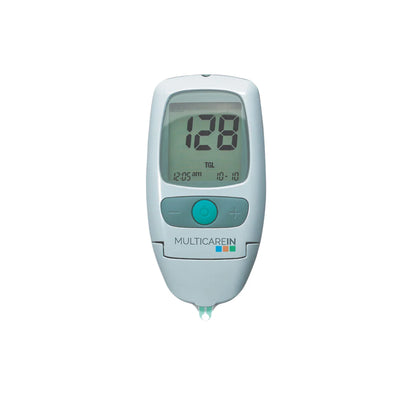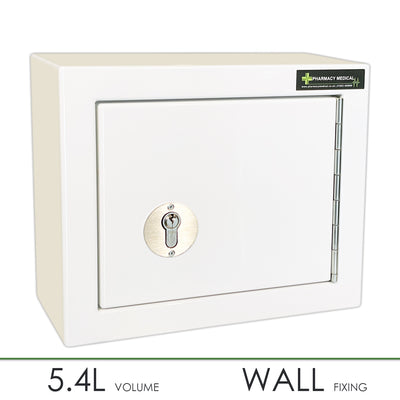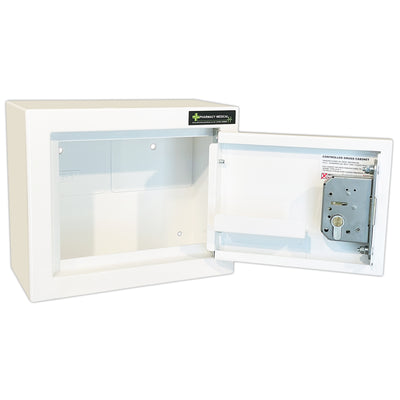Stethoscope 101: Analysing sounds in the Bowels
Bowel sounds are the noises that are made by the movement of food, liquids, and gas in the gastrointestinal tract. These sounds can be heard using a stethoscope, a medical device used to listen to internal sounds in the body. Identifying different bowel sounds and their significance can provide valuable information about a patient’s digestive health.
Types of Bowel Sounds
There are several types of bowel sounds that can be heard using a stethoscope. The four main types are:
-
Normal Bowel Sounds: These are the sounds heard when the digestive system is functioning correctly. Normal bowel sounds are characterized by a series of soft clicks and gurgles that occur irregularly every 5 to 15 seconds.
-
Hyperactive Bowel Sounds: These are bowel sounds that are louder and more frequent than normal bowel sounds. They can be heard when there is an increase in the movement of the digestive tract. Hyperactive bowel sounds can be a sign of diarrhoea, gastroenteritis, or other digestive disorders.
-
Hypoactive Bowel Sounds: These are bowel sounds that are abnormally quiet or absent. They can be heard when there is a decrease in the movement of the digestive tract. Hypoactive bowel sounds can be a sign of constipation, abdominal surgery, or other digestive disorders.
-
Absent Bowel Sounds: These are bowel sounds that are not heard at all. They can be a sign of a serious medical condition, such as bowel obstruction or paralytic ileus.
Significance of Bowel Sounds
By listening to bowel sounds, healthcare professionals can gather important information about a patient’s digestive health. Abnormal bowel sounds can be a sign of various digestive disorders, including:
-
Irritable bowel syndrome (IBS)
-
Crohn’s disease
-
Ulcerative colitis
-
Diverticulitis
-
Gastroenteritis
-
Bowel obstruction
Additionally, bowel sounds can be used to monitor a patient’s recovery after abdominal surgery or to track the progress of a patient’s treatment for a digestive disorder.
In conclusion, identifying different bowel sounds and their significance on a patient’s health is an important skill for healthcare professionals. By using a stethoscope to listen to bowel sounds, healthcare professionals can gather valuable information about a patient’s digestive health and make informed decisions about their treatment.





































